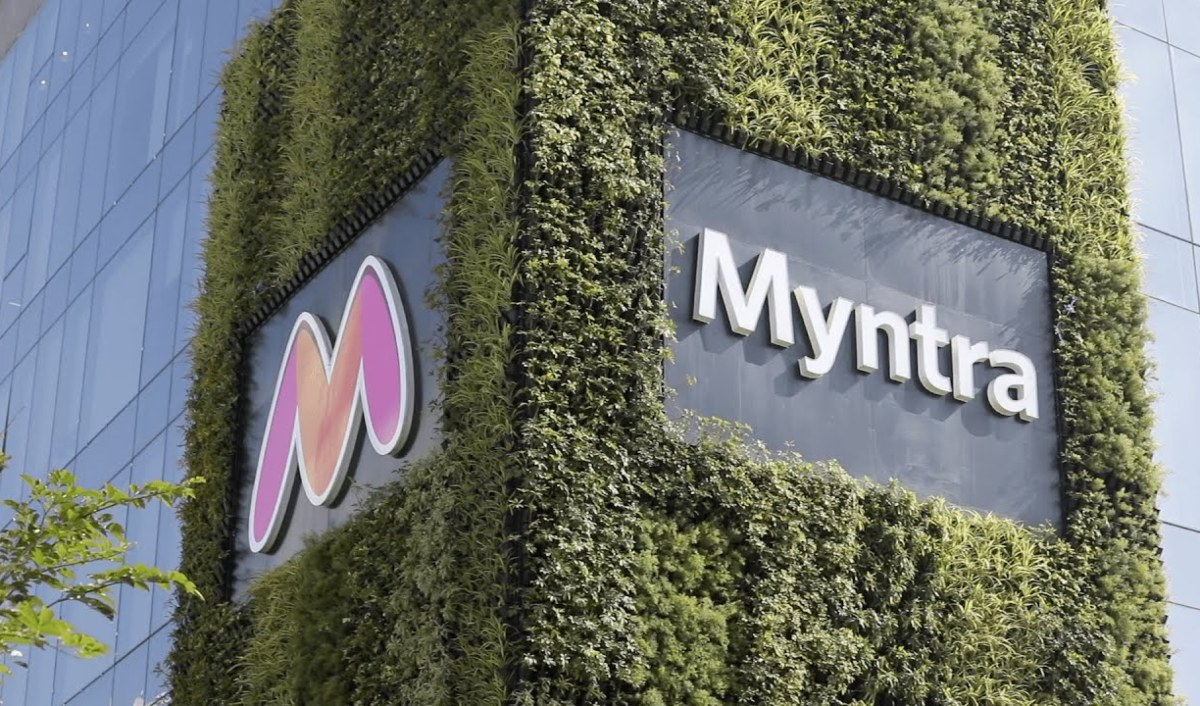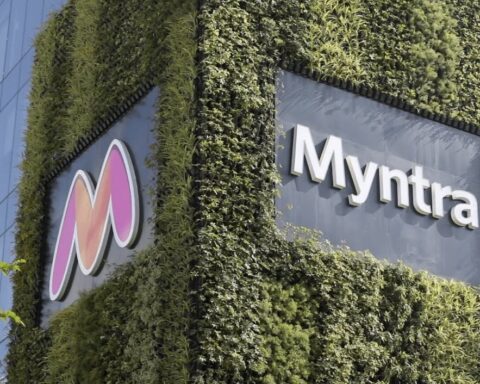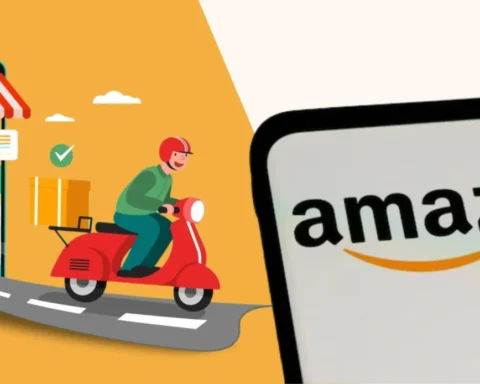The rise of quick-commerce in India is changing the retail landscape but at a significant cost. Traditional kirana (mom-and-pop) stores, long considered the backbone of Indian neighborhoods, are struggling to compete. According to reports, over 200,000 kirana stores have shut down, unable to survive in the face of stiff competition from large online quick commerce like Zepto, BlinkIT, Amazon Fresh and Flipkart Minutes.
The Shift to Online Shopping
The COVID-19 pandemic acted as a catalyst, pushing millions of Indian consumers to shop online for convenience and safety. Quick-commerce platforms now offer discounts, wide product choices, and home delivery, attracting a large share of shoppers who previously relied on kirana stores. Digital payment systems and government support for online trade further boosted e-commerce growth, leaving small store owners behind.
Challenges for Kirana Stores
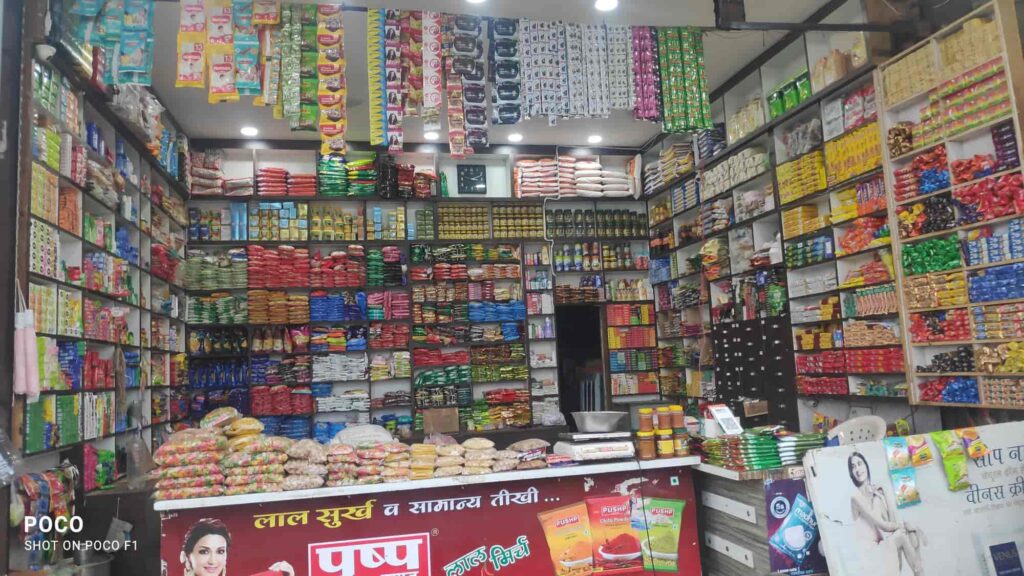
Unlike quick-commerce giants, kirana store owners lack access to advanced technology, capital, and economies of scale. Many of these businesses operate on razor-thin margins, making it difficult to compete with heavily discounted prices offered by e-commerce platforms.
Moreover, digital adoption has been slow for traditional kirana stores, and many have found it hard to transition to modern tools or inventory systems. Rising operational costs and reduced customer footfall add to their woes.
The Broader Impact
The closure of kirana stores has ripple effects on India’s economy and society. These small stores have been an essential part of daily life, providing a personal touch and credit options to loyal customers. Their decline not only affects small business owners but also reduces employment opportunities for delivery workers, shop assistants, and distributors who rely on them.
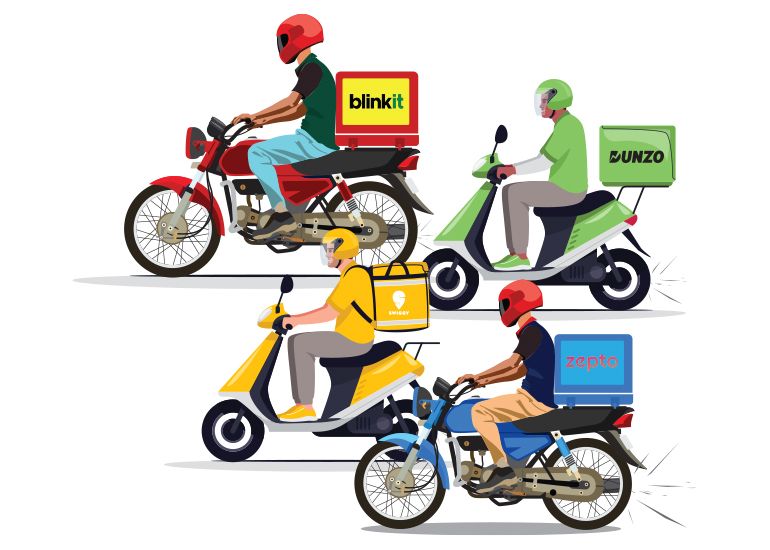
Industry experts suggest integrating kirana stores into the digital ecosystem as a potential solution. Several companies are working on digitizing these stores by offering them tools to manage inventory, accept online payments, and partner with e-commerce platforms for hybrid business models. Government policies focusing on protecting small businesses and providing subsidies could also help balance the scales.
While online shopping is here to stay, supporting kirana stores to adapt and evolve could preserve their place in the Indian retail sector.


